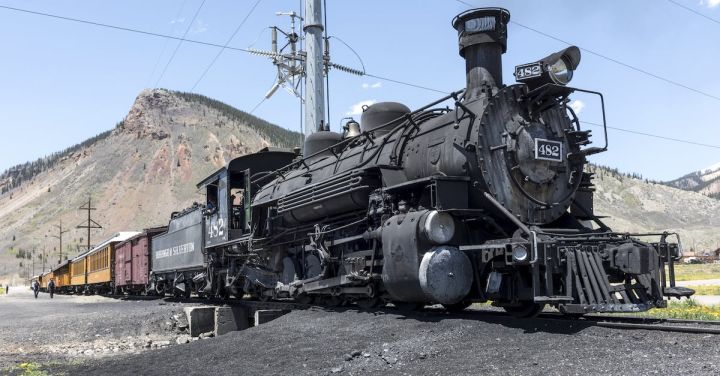Railways have been a vital mode of transportation for centuries, connecting people and goods across vast distances. And at the heart of every railway system is the locomotive, the workhorse that powers the trains and keeps them moving. One of the most commonly used types of locomotives today is the diesel locomotive.
Diesel locomotives are known for their efficiency and power, making them the preferred choice for modern railways. Unlike their steam-powered predecessors, diesel locomotives don’t rely on the combustion of coal or water to generate steam. Instead, they use diesel fuel to power an internal combustion engine, which in turn drives the wheels of the locomotive.
One of the key advantages of diesel locomotives is their versatility. They can operate on both mainline tracks and branch lines, making them suitable for various types of rail networks. Diesel locomotives are also capable of handling heavy loads, making them ideal for freight transportation. Whether it’s hauling goods or transporting passengers, diesel locomotives are up to the task.
Another significant advantage of diesel locomotives is their fuel efficiency. Compared to steam locomotives, diesel locomotives consume significantly less fuel per mile traveled. This not only reduces operating costs but also minimizes the environmental impact of rail transportation. With growing concerns about climate change and air pollution, the fuel efficiency of diesel locomotives makes them an attractive option for sustainable transportation.
In addition to their fuel efficiency, diesel locomotives are also known for their reliability. The internal combustion engines of diesel locomotives are robust and durable, requiring less maintenance compared to steam engines. This means that diesel locomotives can spend more time on the tracks, ensuring a reliable and consistent service for passengers and freight.
The power of diesel locomotives is another standout feature. Diesel engines can generate high levels of torque, allowing locomotives to accelerate quickly and pull heavy loads. This power is essential for hauling freight trains, which can stretch for miles and carry thousands of tons of cargo. With diesel locomotives, railways can efficiently move goods across long distances, supporting economic growth and trade.
Despite the numerous advantages of diesel locomotives, they are not without their challenges. One of the main concerns is their environmental impact. While diesel locomotives are more fuel-efficient than steam engines, they still emit greenhouse gases and pollutants. To address this issue, railway operators are exploring alternative fuels, such as biodiesel and hydrogen, to reduce emissions and create a more sustainable rail transportation system.
In conclusion, diesel locomotives play a crucial role in powering modern railways. Their efficiency, versatility, and reliability make them the preferred choice for both freight and passenger transportation. While there are environmental challenges associated with diesel engines, ongoing efforts to develop cleaner fuels and technologies are paving the way for a greener future. As railways continue to evolve, diesel locomotives will remain a vital part of the global transportation network, connecting people and goods efficiently and sustainably.
